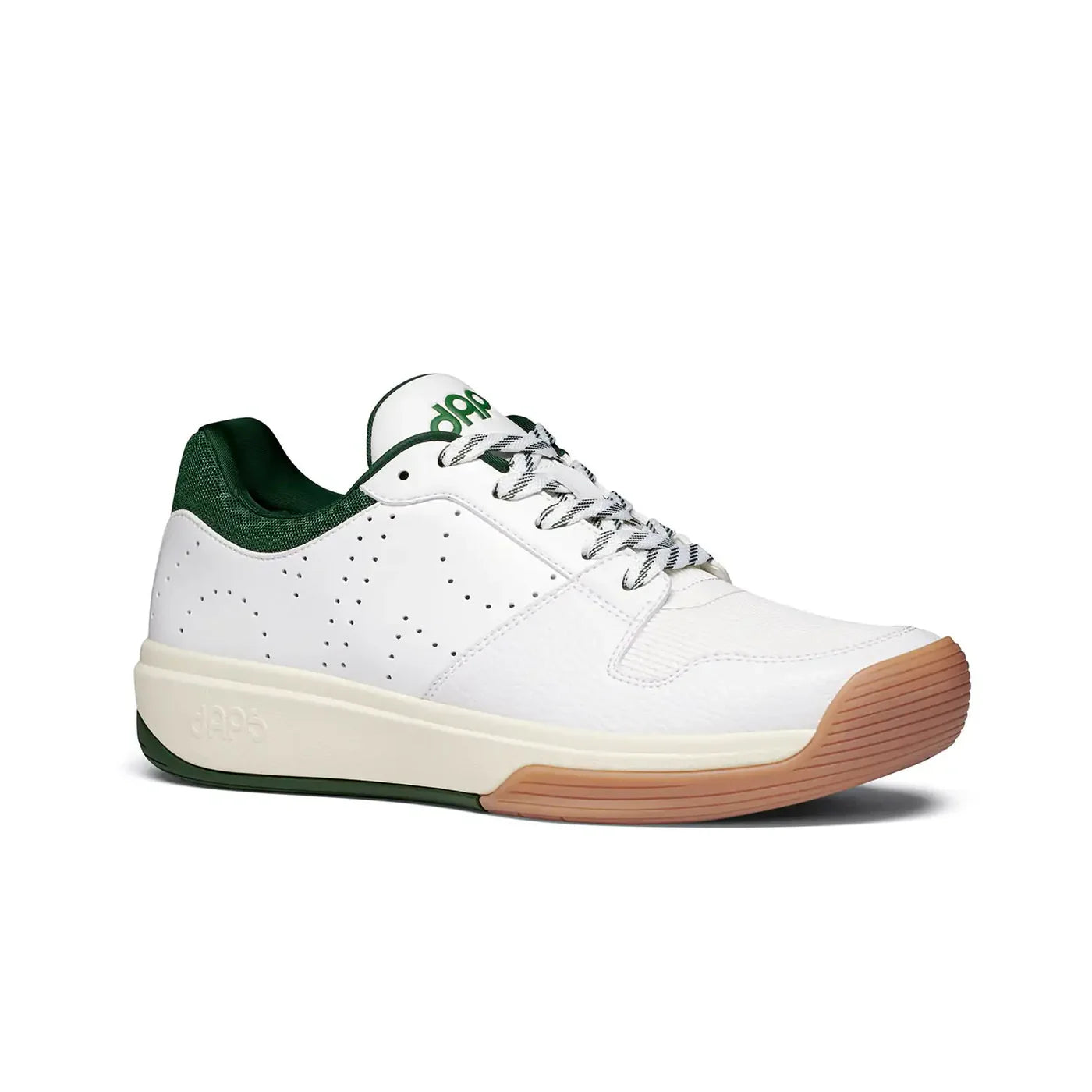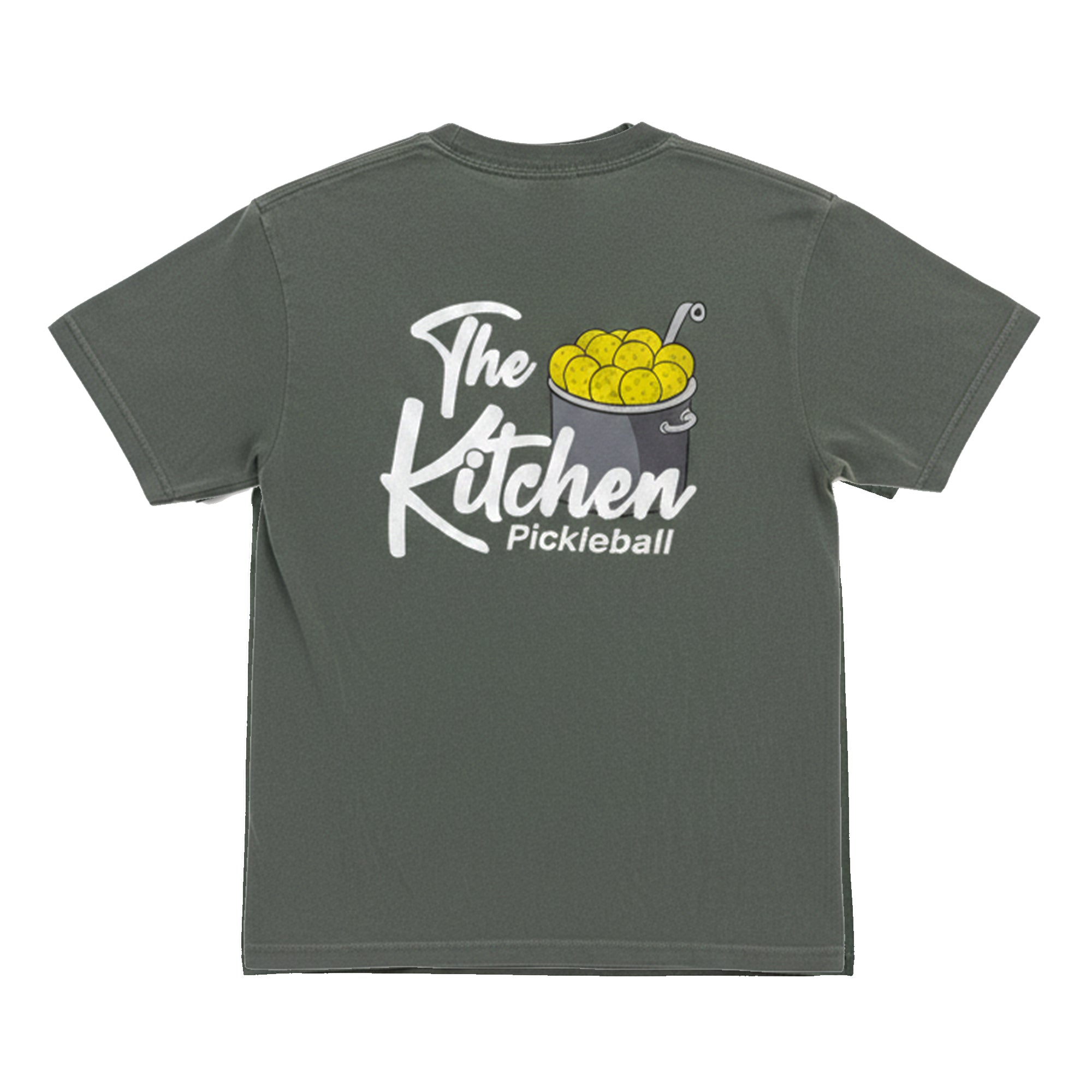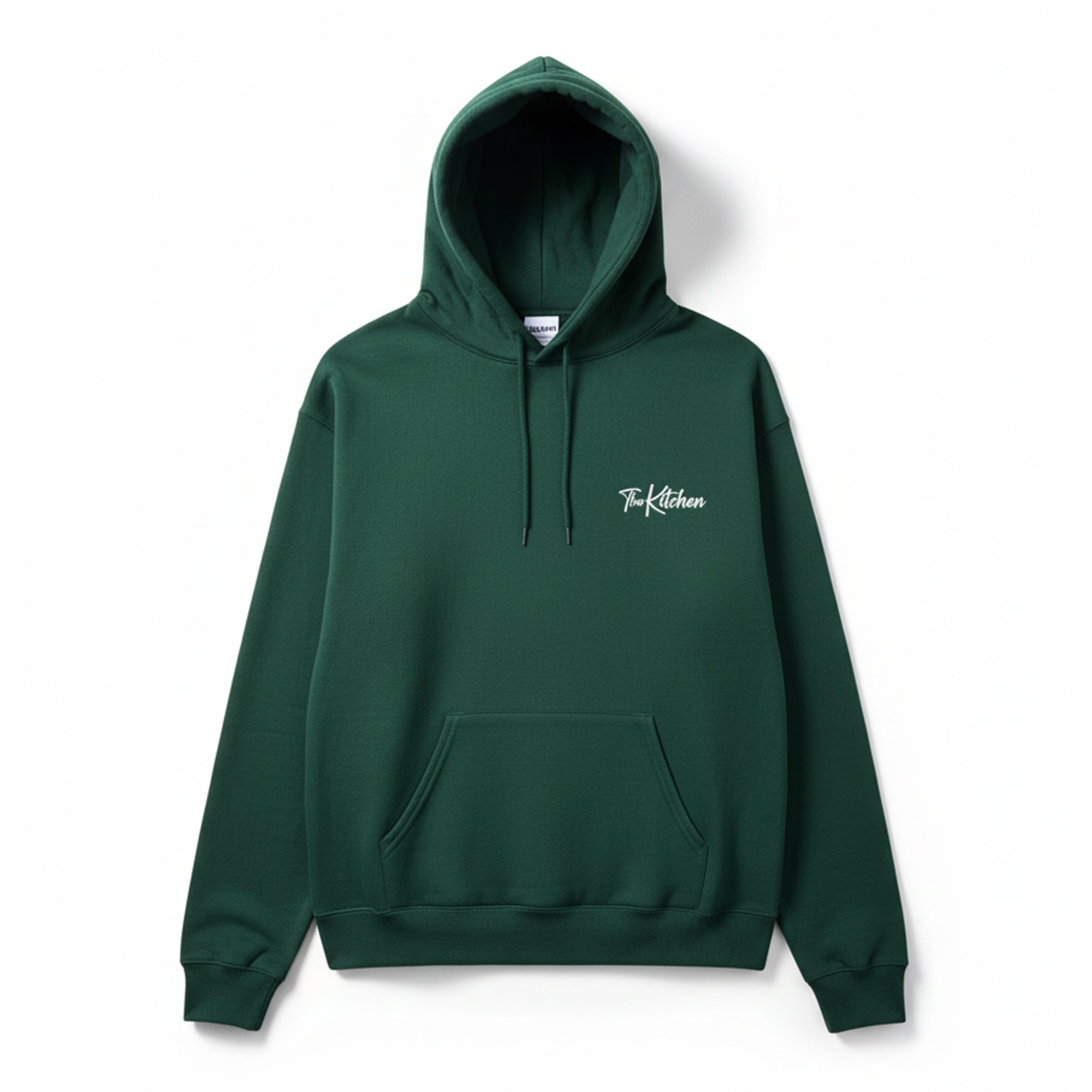Bob Gress: The Man Who Thanks Pickleball for Saving His Life
Last Edited
Oct 24 2024
Category
Community
Bob Gress has always been a man of action. At 66 years old and towering at 6’6", his life had been filled with physical work and sports.
From building cabinets in the aircraft industry to managing production at a toaster factory, he had spent his entire career on his feet, using his hands to create, fix, and lead.
But in 2015, Bob was hit with something he couldn’t control. Parkinson’s disease—an illness that slowly robs people of their mobility and independence—highjacked his life.
The signs had been there for years. His right leg started dragging, and his dominant hand curled inward, making everyday tasks difficult.
He’d always been ambidextrous, capable of playing sports and working with both hands. But now, even something as simple as holding a coffee cup was becoming a struggle.
For a man like Bob, who had always prided himself on his physicality, this felt like a slow-motion defeat. Yet, as Bob would soon discover, Parkinson’s wasn’t going to write the final chapter of his life. Pickleball would.

The Early Struggles: A Body in Rebellion
“When I was first diagnosed, it was like the ground fell out from under me,” Bob recalls.
The physical symptoms were one thing, but the emotional toll was just as heavy. Anxiety and depression started to creep in, slowly gnawing away at his once strong will.
For years, Bob fought through pain and exhaustion, juggling long hours of recovery work. By 2015, his body had had enough.
But so had Jeanette, his wife.
“If you sit in that recliner much longer, one day we’re going to find you there,” she told him; not with cruelty, but with the kind of tough love that only someone who had been through loss could understand.
Jeanette wasn’t about to lose Bob to Parkinson’s without a fight. Her words hit him hard, and Bob took them to heart. Something had to change.
The Lifeline: Discovering Pickleball
For a man whose body was betraying him, finding a sport that demanded agility and quick reflexes might seem counterintuitive.
But Bob wasn’t looking for a way out—he was looking for a way in. His first encounter with pickleball happened at the local YMCA, where he was simply walking laps around the gym track.
He looked down and saw people playing on small courts with paddles, smacking a perforated ball back and forth over a net.
Intrigued, he asked Sandy Smith, a USA Pickleball Ambassador at the Y, if this was something he could do.
Sandy’s answer? “Absolutely.”

She even shared a story about another man, Andy Layton, who, despite living with Parkinson’s, played pickleball competitively with pro players like Ben Johns. Bob had found his lifeline.
His first time on the court was humbling. His balance was shaky, and his reflexes were slow. And when he fell—and he fell a lot—people around him were concerned.
But Bob had spent his whole life falling and getting back up, and this was no different. “Why do you keep playing if it hurts?” people would ask. His answer was always the same: “Because it beats the alternative.”
Fighting Back: Parkinson’s vs. Pickleball
There’s no cure for Parkinson’s. It’s a progressive disease, meaning it gets worse over time. But Bob quickly discovered something important—pickleball gave him an edge.
“Some days, Parkinson’s and I need to take a break,” Bob says. “But it’s hard to take a break from something that’s part of your body. Still: if you stop moving, you die,” he says.
It wasn’t just the physical activity that helped him—it was the community. On the pickleball court, Bob found camaraderie, support, and a shared purpose.
For someone dealing with anxiety and depression, this was therapy in its truest form. The court became his safe space, where he could push his body without fear of judgment.

His new pickleball friends understood what he was going through and treated him as one of their own. “When I come home from playing,” Bob says, “I just feel better.”
He wasn’t exaggerating. The days when Bob didn’t play were hard. His body would stiffen, the pain would return, and even his cognitive abilities would take a hit.
But two or three times a week on the court kept him going. His neurologist told him that staying active was key to managing the disease, and Bob took that to heart. Pickleball wasn’t just a game—it was his medicine.
The 4.0 Journey to 4.0: Defying Expectations
In just five years, Bob has done more than just survive Parkinson’s. He’s thrived.
Achieving a 4.0 rating in pickleball is no small feat, and for Bob, it’s a testament to his resilience. But for him, it’s not about the numbers. It’s about the fact that he’s still out there, on the court, defying the odds.
“I’m 6’6”, 205 pounds, and I can barely hold a cup some days. But I’m playing a sport that I love, and I’m getting better.”
His journey hasn’t been without its struggles. Keeping score was—and sometimes still is—a challenge.
“My partners know to help me out when I lose track after a heated rally,” Bob says with a laugh. But those challenges don’t discourage him.
Instead, they fuel his determination. Bob’s always been a competitor, and pickleball has reignited that fire in him. He drills constantly, eager to improve his game, even when Parkinson’s tries to slow him down.
"Thank God, My Wife, and Pickleball"
If you ask Bob what’s kept him going through all of this, he’ll tell you it’s three things: God, his wife Jeanette, and pickleball.
“I coined the phrase ‘Thank God and Pickleball,’ but really, it should be ‘Thank God, My Wife, and Pickleball,’” Bob says. His faith has been a guiding force in his life, giving him the strength to push through the darkest days.
And Jeanette has been his rock. “She never said I couldn’t play,” Bob reflects. “She just told me to be smart and know my limits.”

Watching Bob’s transformation has been emotional for Jeanette.
“He’s always been an emotional man, but now there’s a sense of pride in him that wasn’t there before,” she says. Pickleball has given Bob something he thought he had lost—a sense of purpose, of competition, of community.
For Jeanette, seeing Bob rise from what he calls “a shell of a man” to someone who plays regularly with high-level players is nothing short of miraculous.
Raising Awareness: A Mission Bigger Than the Game
Bob isn’t content with just improving his own life. He wants to raise awareness about Parkinson’s and the role that sports like pickleball can play in helping others fight back.
Nearly one million people in the U.S. live with Parkinson’s, and every year, around 90,000 more are diagnosed. Bob knows firsthand the toll it can take—physically, emotionally, and mentally.
Related: Pickleball Stories: Deaf Player Experiences the Best Thing About The Sport
But he also knows that staying active can make all the difference.
“Pickleball didn’t just give me something to do,” Bob says. “It saved my life.”
His message to others, whether they’re living with Parkinson’s, dealing with anxiety and depression, or simply struggling with life’s challenges, is simple: Don’t be afraid to try.
“I know pickleball isn’t for everyone,” Bob admits, “but doing nothing isn’t good for anyone. Get out there, try something, and don’t expect to be perfect. Just move.”
For Bob, that’s what it’s all about. He’s a living example that Parkinson’s doesn’t have to define you. It’s a condition, not a life sentence. And while the disease may never go away, the will to fight is stronger than ever.

A Legacy of Resilience
As Bob continues to step onto the court, he does so not just for himself, but for the countless others who feel trapped by their circumstances.
He’s become a beacon of resilience, showing that no matter what life throws your way, you can fight back. And in Bob’s case, he fights back with a paddle in his hand and a community at his side.
“Thank God, my wife, and pickleball,” Bob says with a smile, and with every game he plays, those words ring truer than ever for him.













